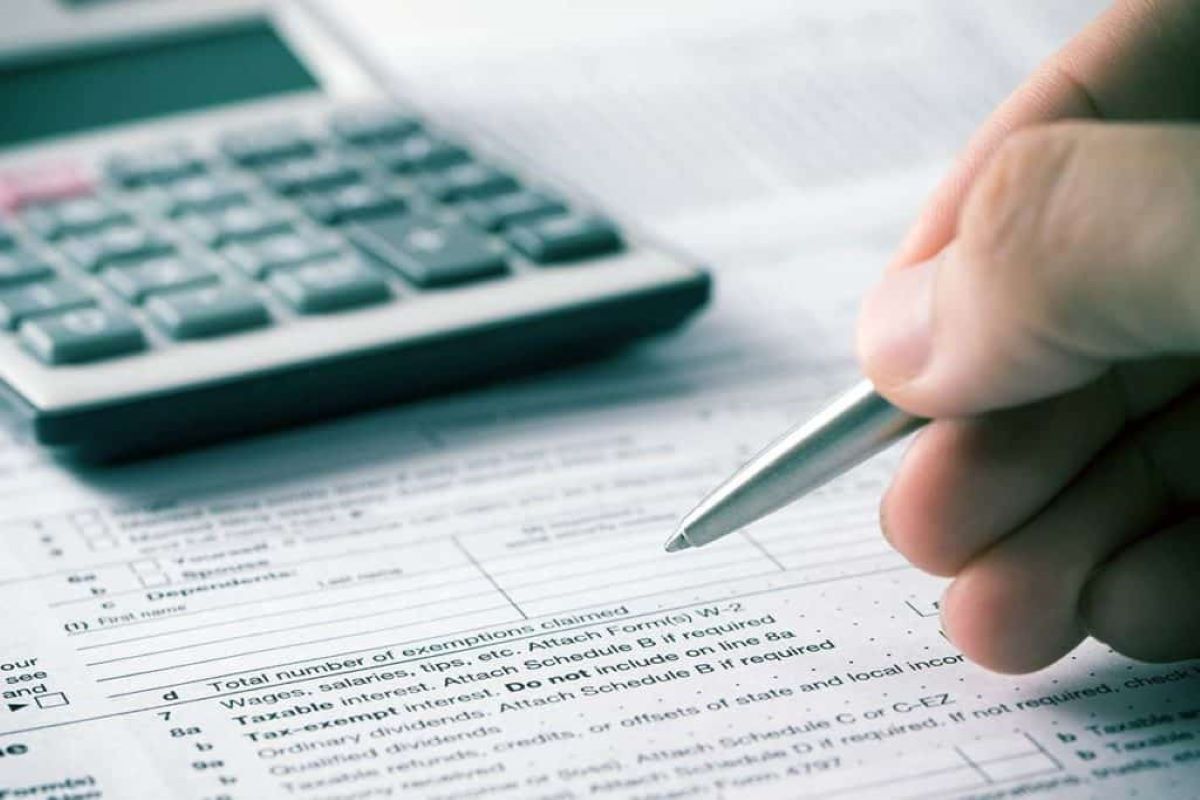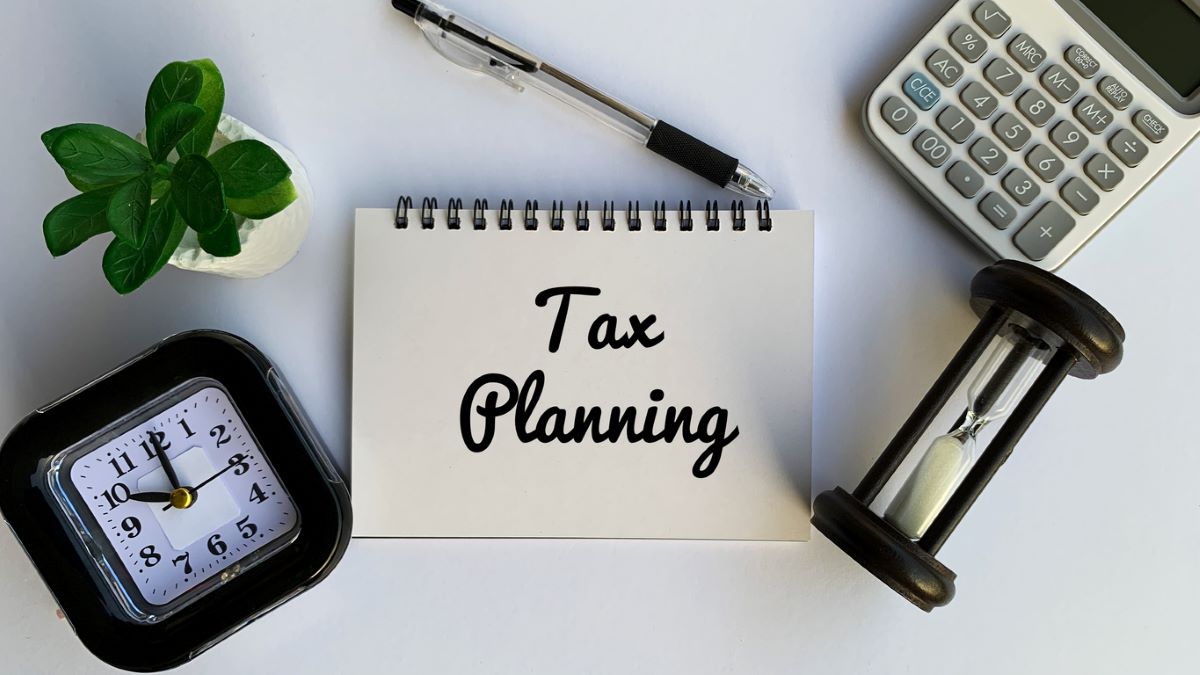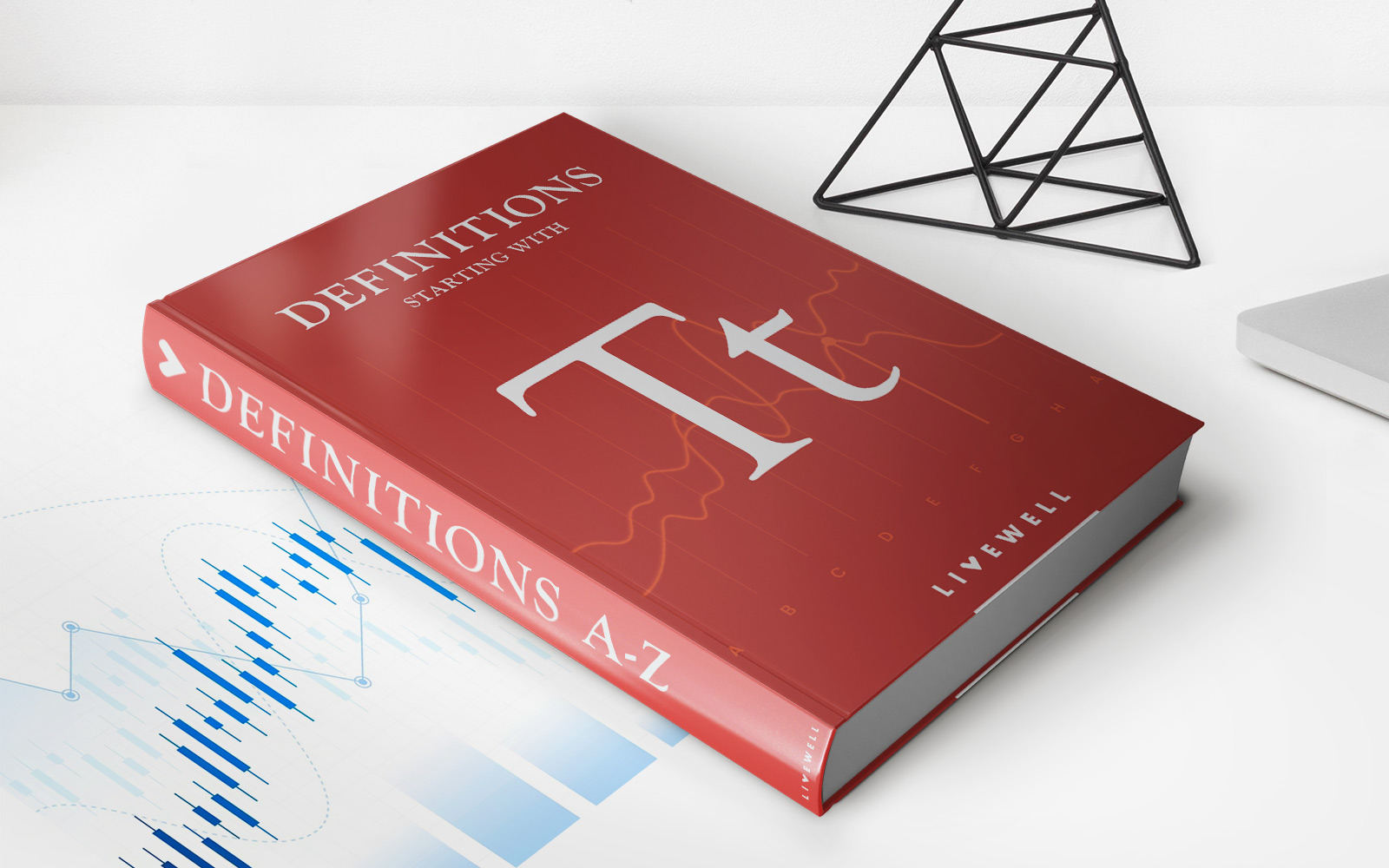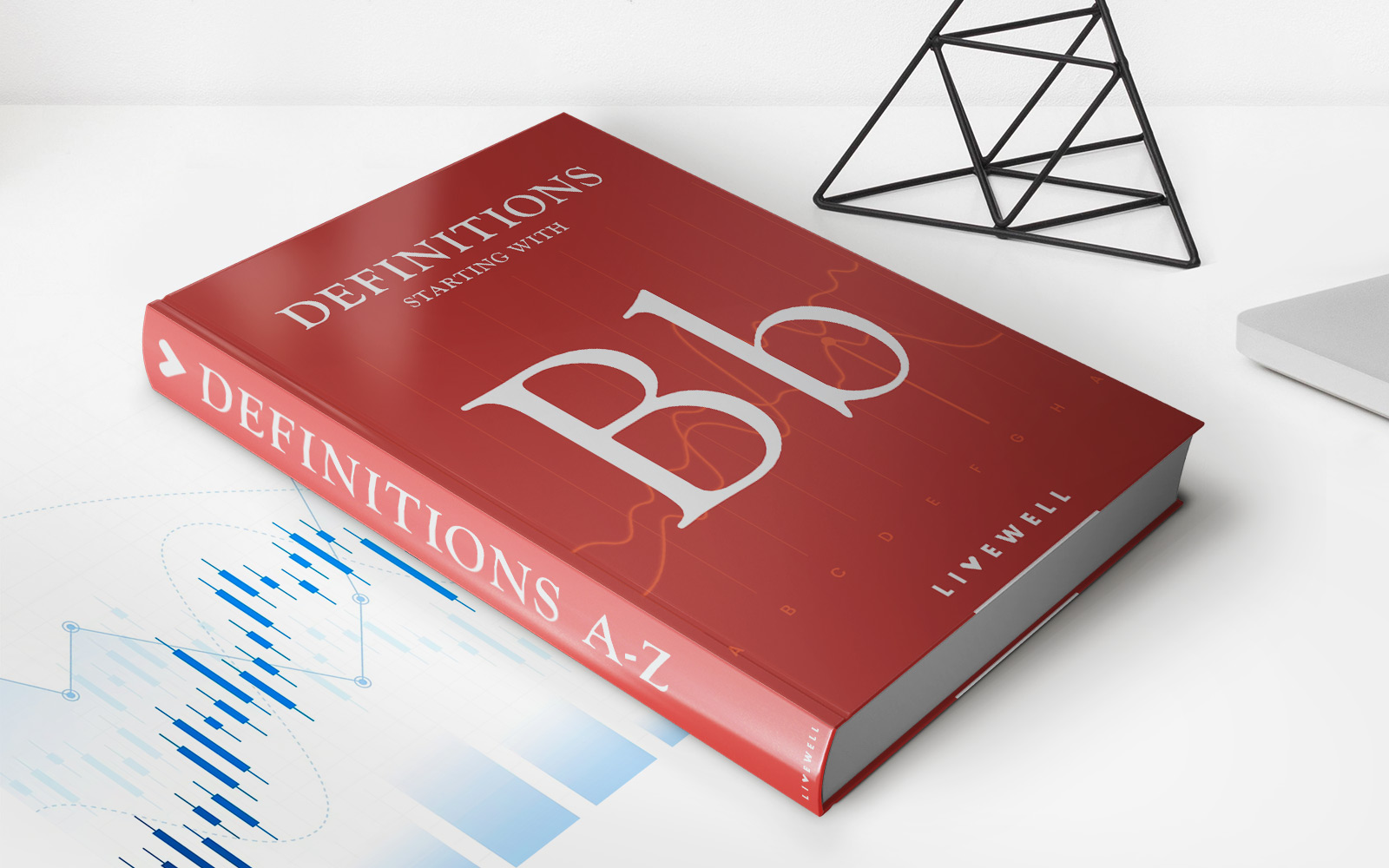

Finance
How Much Do CPAs Charge For Tax Planning?
Published: January 21, 2024
Discover how much CPAs typically charge for tax planning services in the finance industry. Get insights on pricing and fees for expert financial guidance.
(Many of the links in this article redirect to a specific reviewed product. Your purchase of these products through affiliate links helps to generate commission for LiveWell, at no extra cost. Learn more)
Table of Contents
Introduction
Welcome to the world of tax planning! As the year comes to a close, individuals and businesses around the world are gearing up to navigate the complex world of taxes. Whether it’s finding ways to minimize liabilities, taking advantage of deductions and credits, or ensuring compliance with ever-changing tax laws, tax planning is a crucial aspect of financial management.
Many individuals and businesses turn to Certified Public Accountants (CPAs) for expert guidance and assistance in tax planning. CPAs, with their in-depth knowledge of tax laws and regulations, play a vital role in helping clients make informed decisions and optimize their tax strategies.
However, one question that often arises is – How much do CPAs charge for tax planning? The cost of hiring a CPA for tax planning services can vary depending on various factors. In this article, we will dive into the key factors that influence CPA fees for tax planning, the types of tax planning services offered, the average cost range, and additional factors that may affect fees. We will also provide some tips on negotiating or reducing CPA fees for tax planning.
So, if you’re looking to enlist the services of a CPA for tax planning, buckle up as we explore the world of CPA fees and tax planning services.
Factors Affecting CPA Fees for Tax Planning
When it comes to determining the fees for tax planning services, CPAs take into account several factors. Understanding these factors can help individuals and businesses better comprehend why CPA fees may vary. Here are the key factors that influence CPA fees for tax planning:
- Complexity of Tax Situation: The complexity of a client’s tax situation is one of the primary factors that impact CPA fees. If the tax return is relatively straightforward with minimal complexities, such as standard deductions and simple income sources, the fees tend to be on the lower end. However, if a tax return involves intricate investment portfolios, international transactions, or businesses with multiple entities, the fees are likely to be higher due to the increased time and expertise required.
- Volume of Transactions: The volume of transactions also plays a significant role in determining CPA fees. If a client has numerous transactions or a high frequency of financial activity, it will require more time and effort from the CPA to analyze and incorporate these transactions into the tax planning strategy. As a result, the fees may be higher due to the increased workload.
- Time and Effort Required: The amount of time and effort a CPA needs to invest in tax planning will affect the fees. CPAs spend considerable time gathering information, analyzing financial data, strategizing, and ensuring compliance. If a client’s situation requires extensive research, documentation, and meticulous planning, it can impact the fees charged by the CPA.
- Experience and Expertise of the CPA: The experience and expertise of the CPA also influence the fees. CPAs with a strong track record of providing successful tax planning services and in-depth knowledge of tax laws and regulations often command higher fees. Their expertise and ability to navigate complex tax situations efficiently and effectively are valuable, and clients are willing to pay for their services.
- Geographical Location: The geographical location can impact CPA fees due to variations in the cost of living, market demand, and competition. In major metropolitan areas or cities with higher living expenses, CPA fees tend to be higher compared to smaller towns.
These are the primary factors that determine CPA fees for tax planning. It is essential to communicate openly with the CPA and provide them with accurate and detailed information about your financial situation to ensure a proper understanding of the complexities involved. Now that we understand the factors influencing CPA fees, let’s explore the different types of tax planning services offered by CPAs.
Types of Tax Planning Services Offered by CPAs
CPAs offer a wide range of tax planning services to individuals and businesses. These services are designed to help clients minimize their tax liabilities, maximize deductions and credits, and ensure compliance with tax laws. Here are some of the common types of tax planning services provided by CPAs:
- Individual Tax Planning: CPAs assist individuals in creating personalized tax strategies to optimize their tax situation. They analyze various aspects, such as income sources, deductions, credits, and investment portfolios, to develop a plan that minimizes tax liabilities while maximizing savings. CPAs ensure that clients take advantage of all eligible deductions and credits available to them.
- Business Tax Planning: CPAs offer tax planning services tailored to the unique needs of businesses. They work closely with business owners to identify opportunities for tax optimization, such as choosing the right entity structure, maximizing deductions and credits, managing payroll taxes, and developing strategies for tax-efficient business operations. CPAs also help with tax planning during mergers and acquisitions, business expansions, and succession planning.
- Estate Tax Planning: CPAs provide guidance on estate tax planning to help individuals and families preserve and transfer wealth efficiently. They help clients develop strategies that minimize estate taxes, create trusts, establish gifting plans, and navigate complex estate tax regulations. CPAs work closely with estate planning attorneys to ensure comprehensive and compliant tax planning.
- Retirement Tax Planning: CPAs specialize in helping individuals plan for their retirement by optimizing their tax strategy. They assess retirement income sources, such as pensions, 401(k) plans, and Social Security benefits, to minimize tax liabilities and maximize retirement savings. CPAs also advise on retirement account distributions, withdrawals, and Roth IRA conversions to ensure tax efficiency.
- International Tax Planning: For clients with international interests, CPAs offer expertise in international tax planning. This includes understanding complex tax treaties, reporting requirements for foreign assets, assessing foreign tax credits, and managing the tax implications of cross-border transactions. CPAs help clients navigate the intricacies of international tax laws to minimize tax exposures and ensure compliance.
These are just a few examples of the tax planning services CPAs provide. The specific services offered may vary depending on the CPA’s expertise and the unique needs of the client. Now that we understand the types of tax planning services, let’s explore the average cost range for these services.
Average Cost Range for Tax Planning Services
The cost of tax planning services provided by CPAs can vary depending on several factors, including the complexity of the tax situation, the scope of services needed, the experience of the CPA, and the geographical location. It’s important to note that these are average ranges and individual fees may fall outside of these ranges.
For individual tax planning, the average cost can range from $200 to $1,000 or more. This can depend on factors such as the number of income sources, complexity of deductions, and whether there are any unique circumstances, such as investment portfolios or rental income.
Business tax planning services tend to have a higher cost range due to the added complexities of corporate tax laws. On average, businesses can expect to pay between $500 and $5,000 or more for tax planning services. Factors such as the size of the business, number of employees, complexity of transactions, and industry-specific regulations can influence the fees charged by the CPA.
Estate tax planning services typically have a wider fee range, often ranging from $1,000 to $10,000 or more. The complexity of the client’s estate, including the value of assets, potential tax liabilities, and the need for specialized trusts or gifting strategies, can impact the fees.
Retirement tax planning services generally fall within the range of $300 to $1,500. The fees depend on various factors, such as the complexity of retirement income sources, the need for tax-efficient withdrawal strategies, and the requirement for monitoring and adjusting the plan over time.
International tax planning services often have a higher fee range, averaging between $1,000 and $10,000 or more. The complexity of international tax laws, reporting requirements, and the need for cross-border tax optimization can contribute to the higher fees.
It is important to note that these are just average cost ranges, and fees may vary based on the specific circumstances of each client and the expertise of the CPA. It is recommended to consult with CPAs directly to get a personalized quote based on your unique tax planning needs.
Now that we have explored the average cost range for tax planning services, let’s delve into additional factors that can impact CPA fees.
Additional Factors That May Affect CPA Fees
Besides the primary factors mentioned earlier, there are additional factors that can influence CPA fees for tax planning services. These factors may vary from client to client and can impact the overall cost. Here are some key considerations:
- Document Organization and Preparation: Properly organizing and presenting your financial documents can significantly impact CPA fees. If your documents are well-organized, with clear categorization of income, expenses, and supporting documents, it can save the CPA time and effort in reviewing and organizing them. However, if your documents are disorganized, incomplete, or require significant preparation, the CPA may charge additional fees for the extra time required.
- Urgency and Time Constraints: If you have urgent tax planning needs or require expedited services, CPA fees may increase due to the need for priority handling and dedicating additional resources to meet the deadline. CPAs may charge rush charges or higher fees for accommodating tight time constraints.
- Consultation and Advice: Some CPAs may charge separate consultation fees for detailed discussions or advice beyond the scope of the tax planning service. If you require extensive one-on-one consultations or specialized advice tailored to your unique circumstances, this may add to the overall cost of the service.
- Additional Services Required: If the tax planning process reveals additional services needed, such as amended tax return filing, representation during an audit, or other complex tax matters, the CPA may charge additional fees for these services. It is essential to discuss these potential needs with the CPA to understand the associated costs.
- Client Availability and Responsiveness: Timely response and availability from the client can impact fees. If there are delays in providing requested information or if multiple follow-ups are required, it can extend the time needed for completion, thereby potentially increasing the fees.
It is important to have open communication with the CPA regarding any potential factors that may impact fees. This will ensure transparency and allow for proper budgeting and planning.
Next, we will explore ways to negotiate or reduce CPA fees for tax planning.
Ways to Negotiate or Reduce CPA Fees for Tax Planning
While CPA fees for tax planning services are based on various factors, there are strategies you can employ to negotiate or reduce the overall cost. Here are some ways to consider:
- Discuss Your Needs: Have a detailed discussion with the CPA about your tax planning requirements. By clearly communicating your specific needs and budget constraints, you can work together to develop a tailored service package that aligns with your financial goals and budget.
- Compare Quotes: Reach out to multiple CPAs and request quotes for their tax planning services. This will allow you to compare fees and services offered by different professionals. However, remember that choosing a CPA based solely on the lowest price may not always be the best strategy. Consider the CPA’s experience, expertise, and reputation before making a decision.
- Bundle Services: If you require multiple accounting services, such as bookkeeping, payroll management, or financial statement preparation, discuss the possibility of bundling these services with tax planning. CPAs often offer discounted rates for clients who choose to avail multiple services.
- Consider Remote Services: With advancements in technology, many CPAs offer remote tax planning services. Opting for virtual meetings and online document sharing can help reduce costs, as it eliminates the need for in-person meetings, office space, and travel expenses.
- Provide Complete and Organized Documentation: Ensure that you provide all the necessary documentation and information in an organized manner to the CPA. This reduces the time they need to spend organizing and reviewing your files, potentially reducing the overall fees.
- Explore Partial Assistance: If budget constraints are a concern, discuss the possibility of seeking partial assistance from the CPA. You can handle some aspects of tax planning yourself, such as gathering initial information and performing basic calculations, while seeking the CPA’s expertise for reviewing and fine-tuning your strategy.
- Engage Early: Start the tax planning process well in advance. By engaging with the CPA early in the year or well before the tax filing deadline, there is more flexibility to spread out the work and potentially negotiate lower fees.
Remember, negotiations regarding fees should be done in a respectful and open manner. CPAs understand that clients have budgets and expectations, and they are often willing to work with you to find a mutually beneficial arrangement. It’s essential to establish clear communication and maintain a positive professional relationship throughout the process.
Now that we’ve explored ways to negotiate or reduce CPA fees for tax planning, let’s summarize the key points.
Conclusion
Tax planning is a crucial aspect of financial management, and Certified Public Accountants (CPAs) play an essential role in guiding individuals and businesses through the complex world of taxes. While CPA fees for tax planning vary based on factors such as complexity, volume of transactions, time, and expertise required, understanding these factors can help clients better comprehend the cost involved.
CPAs offer various types of tax planning services, including individual tax planning, business tax planning, estate tax planning, retirement tax planning, and international tax planning. These services are tailored to the unique needs of clients and aim to optimize tax strategies, minimize tax liabilities, and ensure compliance.
On average, the cost range for tax planning services can vary significantly. It is important to keep in mind that these are just average ranges, and fees are influenced by factors such as the complexity of the tax situation, the scope of services needed, the experience of the CPA, and the geographical location.
There are additional factors that can impact CPA fees, including document organization, urgency, consultation and advice, additional services required, and client availability and responsiveness. Being organized, communicating effectively, and understanding these additional factors can help minimize fees.
To negotiate or reduce CPA fees for tax planning, consider discussing your needs, comparing quotes, bundling services, exploring remote assistance, providing complete documentation, considering partial assistance, and engaging early in the process. It is important to approach negotiations respectfully and maintain a positive professional relationship throughout.
In summary, tax planning is a vital aspect of financial management, and engaging the services of a CPA can greatly benefit individuals and businesses. By understanding the factors influencing CPA fees, the types of tax planning services offered, and ways to negotiate or reduce fees, individuals and businesses can make informed decisions and ensure a smooth tax planning process.
So, as you embark on your tax planning journey, remember the value that CPAs bring and the importance of effective communication and collaboration to achieve your tax optimization goals.














